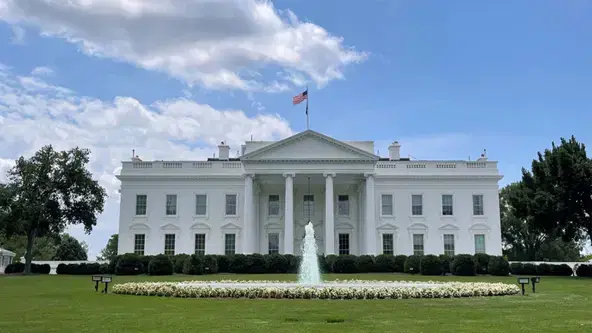The U.S. House of Representatives is on track to pass major crypto legislation, including a framework for regulating stablecoins: cryptocurrencies pegged to the U.S. dollar: after intense negotiations this week.
Lawmakers were scheduled to meet Thursday to vote on two key bills: one focused on stablecoins, and another setting broader rules for the crypto industry.
The stablecoin bill, already approved by the Senate, is expected to pass and be signed by President Donald Trump as early as Friday.
The legislation would mark a milestone for the digital assets sector, establishing the first major crypto law in U.S. history and opening the door to deeper integration with traditional finance systems.
Stablecoins have grown rapidly in popularity for their ability to offer faster and cheaper money transfers compared to banks. They are commonly used in crypto trading due to their stable value, typically fixed at $1.
Dubbed “crypto week” by Republicans, the process nearly stalled after some conservatives opposed the bills. Trump met with skeptics on Tuesday to secure support, and after nearly nine hours of talks, the bills advanced Wednesday night.
To satisfy conservatives, lawmakers added a provision in a separate defense bill banning the U.S. from launching a central bank digital currency — a move critics feared would allow government tracking of personal spending.
While some countries are exploring digital national currencies, U.S. Federal Reserve Chair Jerome Powell has said such a move would only happen with explicit approval from Congress.
When asked if the crypto bills would pass, House Speaker Mike Johnson said: “I do.”
The post U.S. moves closer to embracing crypto with new stablecoin law appeared first on Vanguard News.

